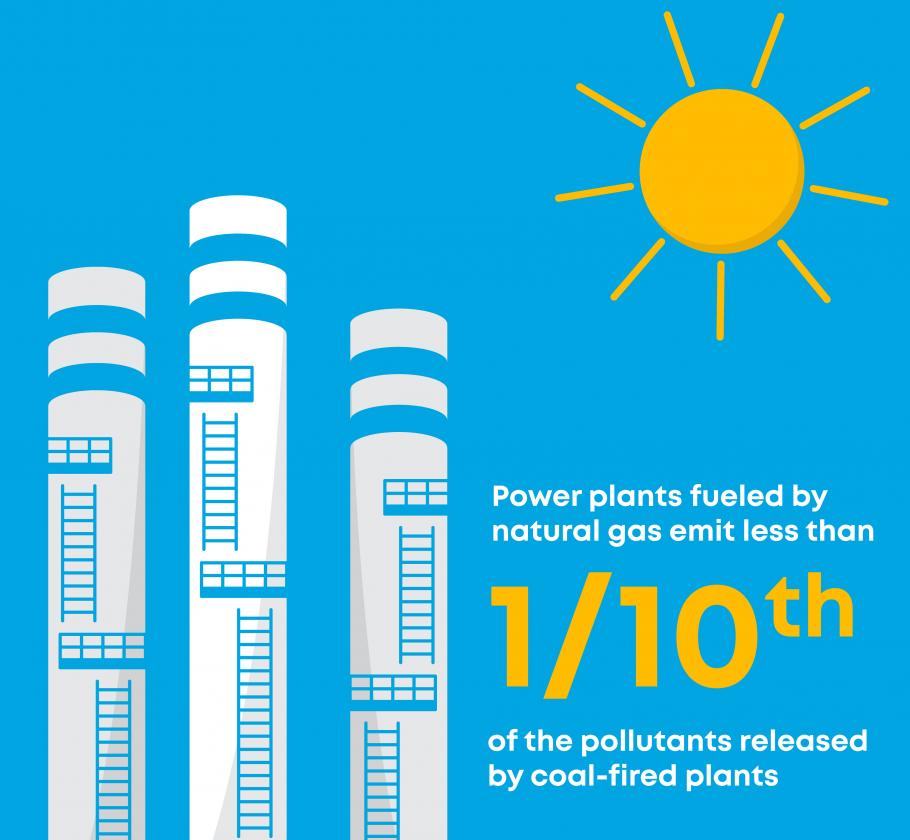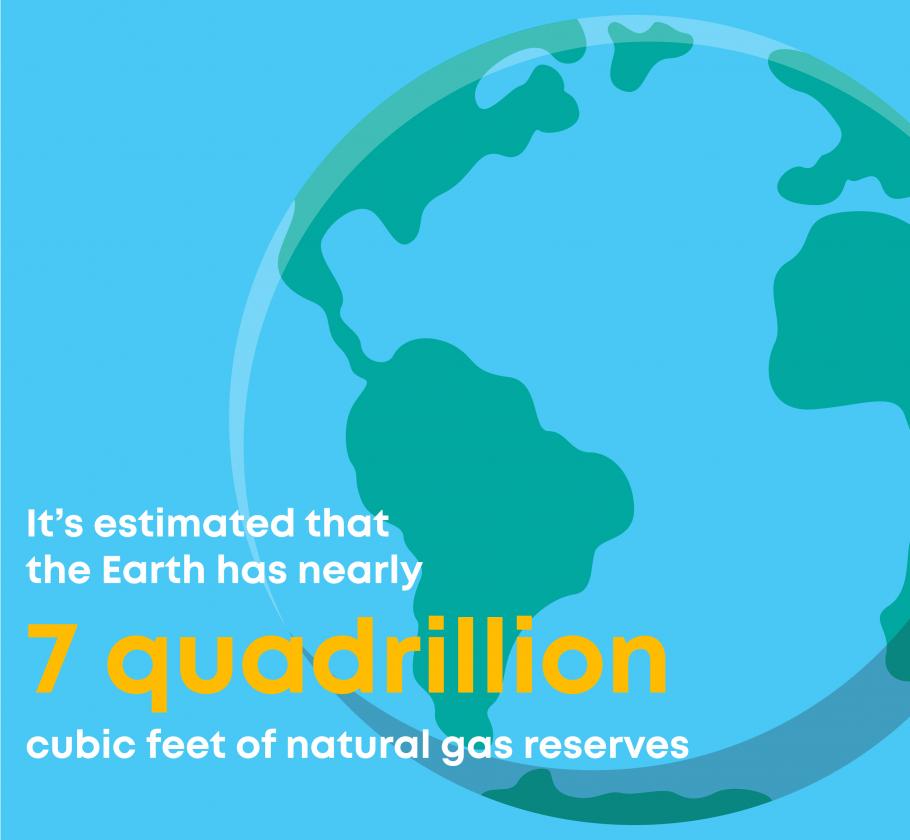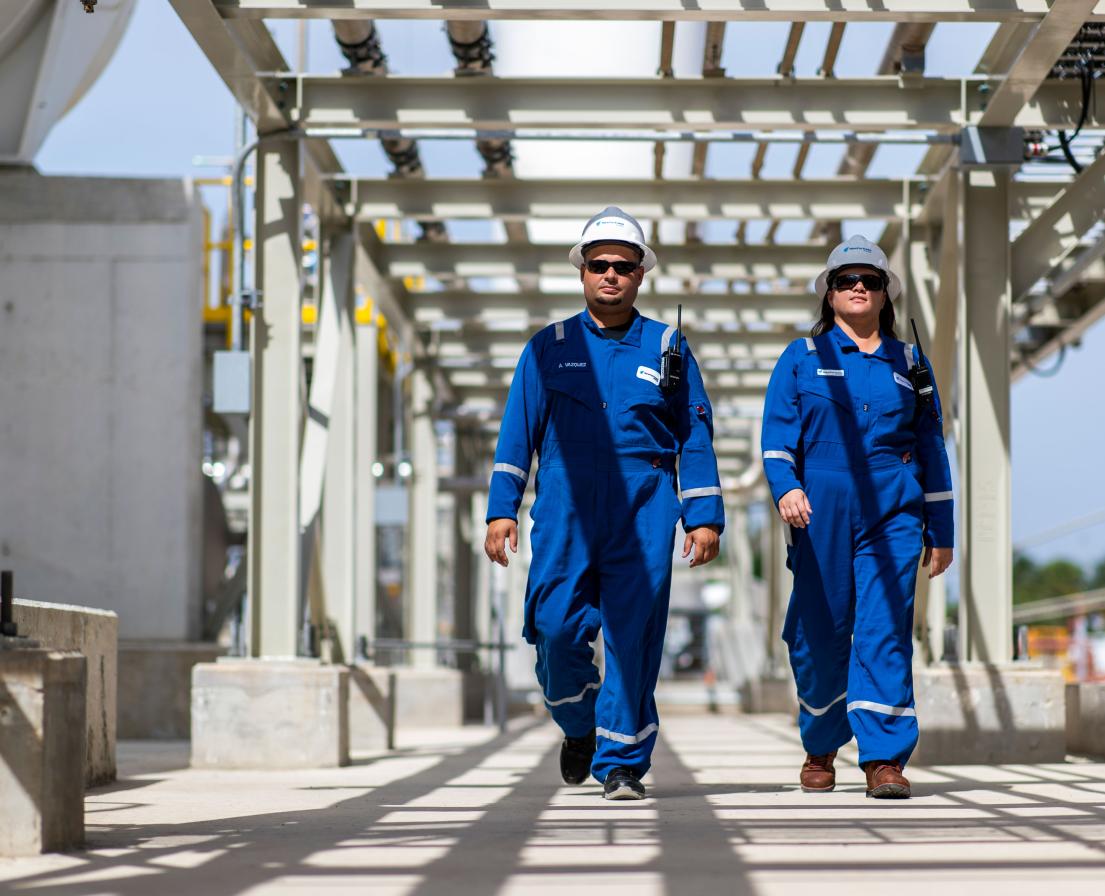Advantages of natural gas
LNG CASE STUDY
Learn about
the pros of
natural gas
When you flick on a light switch or turn up the thermostat, you’re probably not thinking about the power behind it. But particularly when it comes to fuels such as natural gas, coal, and oil, the energy source matters – for everything from your wallet to our planet.
What are the advantages of natural gas?
While the goal is to get to 100% clean energy, we’re not there – yet. So, when we consider traditional energy options, natural gas quickly rises as a top choice. Keep reading to find out more about how natural gas is one of the most cost-effective, environmentally friendly, thoroughly dependable, readily available, and easily portable energy sources. The advantages of natural gas are endless.

Natural gas is affordable.
Natural gas is more cost effective than other fossil fuels – in fact, the most efficient gas-fired plant has investment costs of $1,100 per kilowatt, according to the IEA, compared with $3,700 for the most efficient coal-fired plant.(1)
Natural gas is better for the environment.
Natural gas simply burns cleaner. In fact, at 117 pounds/BTU, natural gas produces 50% fewer carbon dioxide emissions than anthracite coal, which emits nearly 230 pounds/BTU, and two-thirds of the 163 pounds/BTU of oil.(2) It also releases little or no sulfur oxides, which are known to threaten the health of both people and plants.(3) Indeed, power plants fueled by natural gas emit less than one-tenth of the pollutants released by coal-fired plants.(1) And, because natural gas isn’t stored in underground tanks like oil is, it doesn’t pose contamination risks to the soil or water sources.(4)

Natural gas is reliable.
We’ve all been there – during a thunderstorm or more dangerous weather events, the power goes out, sometimes for hours or even days or weeks. This is not the case with natural gas. Natural gas is an extremely reliable power source that keeps appliances such as your gas stove and fireplace working, no matter what’s going on outside.
Natural gas is abundant.
It’s estimated that the Earth’s reserves include nearly 7 quadrillion cubic feet of natural gas reserves.(5) The International Energy Agency (IEA) projects that, at the current consumption rates, the recoverable amounts of natural gas could last for at least two centuries – and that’s without the anticipated advances in renewable sources.(1)
Natural gas is easy to transport.
Any fuel has to move from its source to the home, business, or other location where it’s needed for energy – and the safest, easiest movement comes with natural gas. It’s lighter than oil and coal. It’s easy to transport in pipelines or, when liquefied, by ships and tankers. When it arrives, it’s simple to store. For on-the-go energy, natural gas is the clear winner.
